As much as you don’t want to imagine anything happening to your precious, furry best friend, we know you can’t help yourself. When you love your pets so much, you automatically want to protect them and keep them safe.
As wonderful as that bond is, the scary feeling of one day losing your dog can be taxing. Thankfully, there are ways how you can prepare yourself: Dog ID tags.
These ID tags have your contact information and your dog’s name engraved on them. You can even go a step further and add in their quirks, medical history, and reward info if you want as well!
And we’re here to help you find out more about them, so let’s not waste any more time and dive right into understanding more about these dog ID tags.
What Info Should You Put on Your Dog’s ID Tag?
When it comes to the information that you should be putting on your dog’s ID tag, keep it simple. Adding your contact information and dog’s name is enough.
However, that doesn’t mean you can’t add anything else. If you feel it’s necessary for your dog’s safety, below are a few more things you can add to your dog’s ID tag.
Primary and Secondary Contact Information
Are you likely to answer your phone if a stranger calls? If not, we suggest adding someone’s contact info who almost always has their phone by their side, like your partner.
It’s also a good idea to add their first name as well with their number. If you don’t have a partner or you live alone, having secondary contact info would be very wise. It can be a friend or a family member you know you can rely on.
This is exceptionally helpful if your phone dies on you or is not near you for whatever reason.
Your Dog’s Name
As much as we know you don’t want to even imagine having your precious pet stolen, it does happen, so it’s natural for you to be concerned. Because of that, you can choose to leave the name of your dog out from the tag.
This is helpful because it makes it harder for the supposed thief to claim your dog as their own. Besides, adding a name doesn’t help that much when it comes to finding a lost dog.
However, if you still insist on adding a name, add one that your dog is used to being called by. It could be a nickname or something they just respond to. Speaking of, check out this dog name generator if you’re looking for names for your pup!
Their Personality Quirks
Other than adding your dog’s name, you also have the option of adding their personality quirks or traits. If your dog is friendly towards strangers, then you can add that they’re super friendly. If they don’t take kindly to other dogs, you can mention it on their dog tag too.
They might not like loud noises, they don’t like to be petted in certain areas, or they just simply detest cats. Whatever you think stands out about your dog, add that in.
This helps both your dog and the person who brings them back to you feel less stressed and anxious.
Medical History and Rewards
Does your furry buddy need daily medication? Do they have an unusual allergy or a bad hip? If there’s enough room, add any medical information that you think is vital. That way, whoever finds your dog will know how to handle them.
As for rewards, the truth is not everyone likes dogs. Some want to steal them and some just want to hurt them, so there’s a chance some people won’t be so keen to help your dog find their way back to you.
This is where offering cash may come in handy. It can incentivize them to do the right thing and contact you.
What to Look For in Dog ID Tags and Where You Can Get Them
Dog ID tags are now available at practically every pet store and veterinarian's office.Many shops have machines that make the tags automatically after you put all your information in. Isn’t that neat? Now you don’t have to wait for days to get a tag for your furry friend.
There are ways for you to custom order dog tags online from various sites. Many of these sites also include reviews from other pet owners. Furthermore, you can make sure that the tag you’re buying will be able to display all your information and last for a long time.
Here are a few things you should be looking for:
Materials, Shapes, and Sizes
Most dog ID tags are made of either brass, aluminum, stainless steel, or brightly colored plastics. Some others that last longer and are more durable.
As for shapes, the tags come in basic sizes such as rectangles, ovals, and playful ones shaped like bones or dog faces. You have a wide range of options at your hands, so make sure to take your time!
When it comes to sizes, ID tags usually are about three-quarter inches wide. Keep in mind, the tags have to be big enough to be able to be read by anyone but also not too big for your pup. For instance, a two-inch tag will be too big for a Yorkie.
Jazz it Up
Talking about a wide range of options, besides the shapes, you can jazz up your dog’s ID tag.
You can obtain a tag with an imprinted shape of your choice, as well as enamel, rhinestones, and semi-precious stones. A perfect touch for your precious buddy.
Customize to Your Heart’s Content
If you don’t mind splurging when it comes to your canine, then you can go deep and customize their ID tags. For instance, you can now get a custom hand-engraved unique piece of art as dog tags.
Not only that, but some of the customization options will allow you to get a slide-on tag too. These bad boys let the tags slide right over your dog’s collar and come with no connectors, preventing any breaks!
Lost Pet Recovery Service
Instead of adding your personal information on the ID tag, you’ll come across some companies that provide their 800 number to list on your dog’s tag. When anyone finds your dog, they call the number, and then the company calls you regarding your buddy’s situation.
Final Thoughts
In conclusion, we’d like to say that while you might be skeptical about whether someone will contact you or not to let you know about your dog, there are still wonderful people out there willing to help, so have a little faith.
Don’t forget to let us know what kind of tag you get for your canine buddy and if they like it or not. So, go get your furry friend that tag!

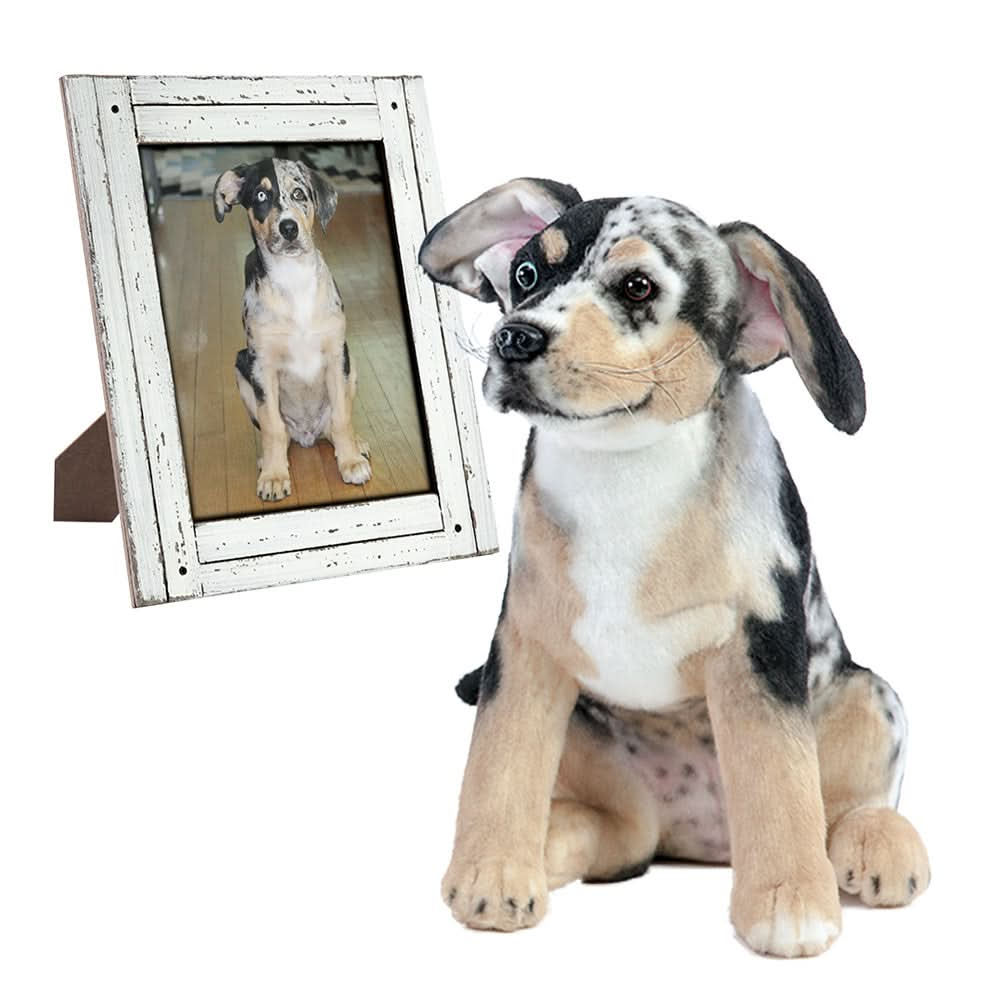
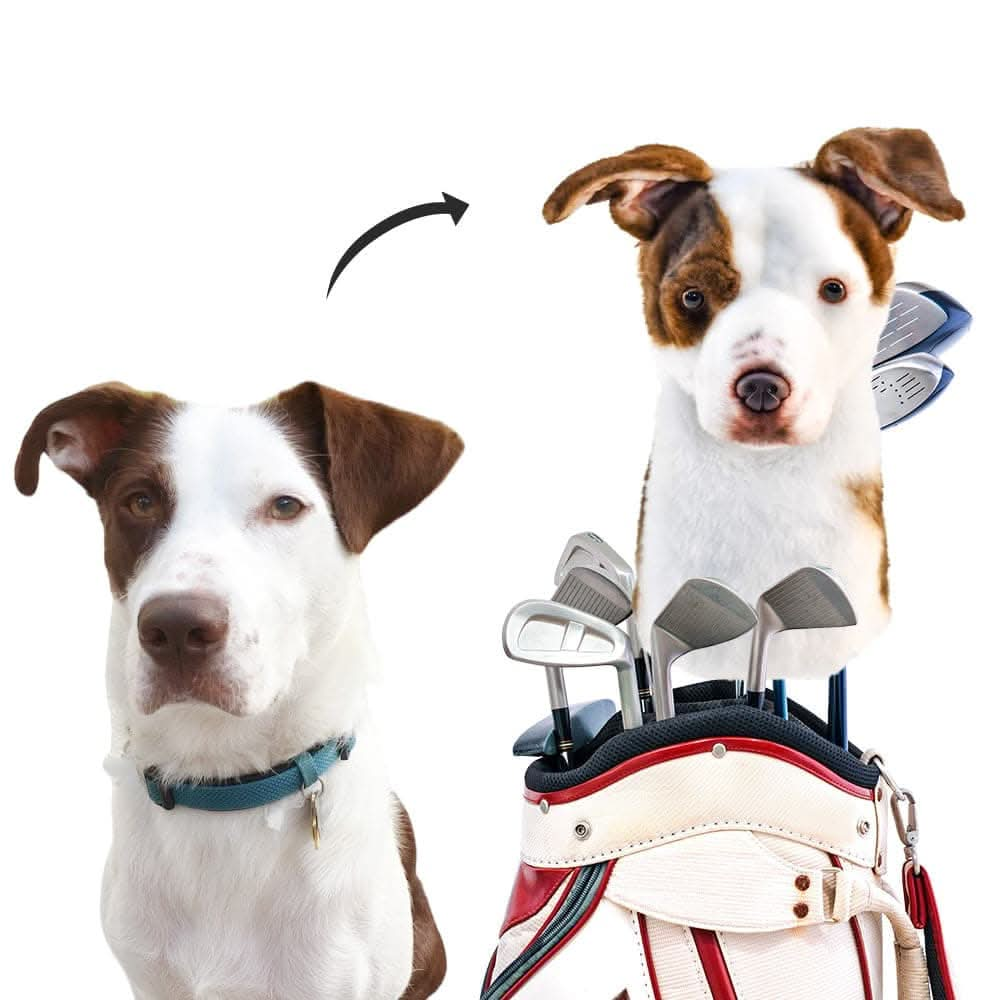
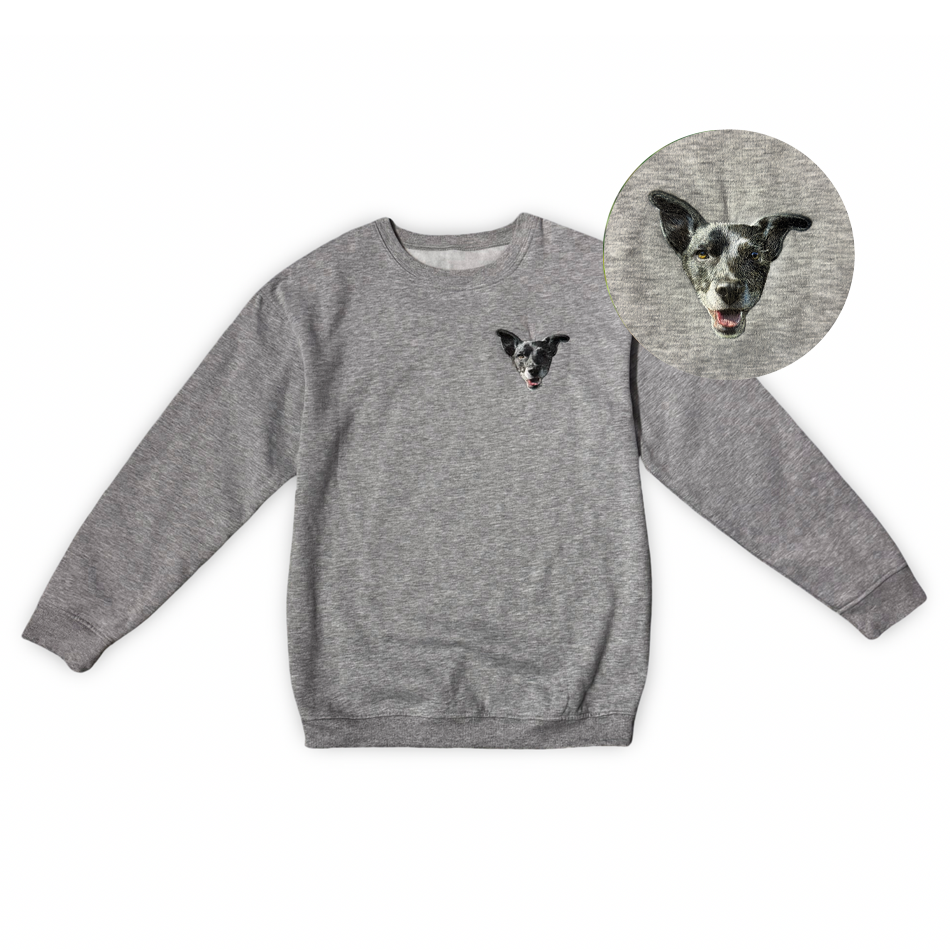
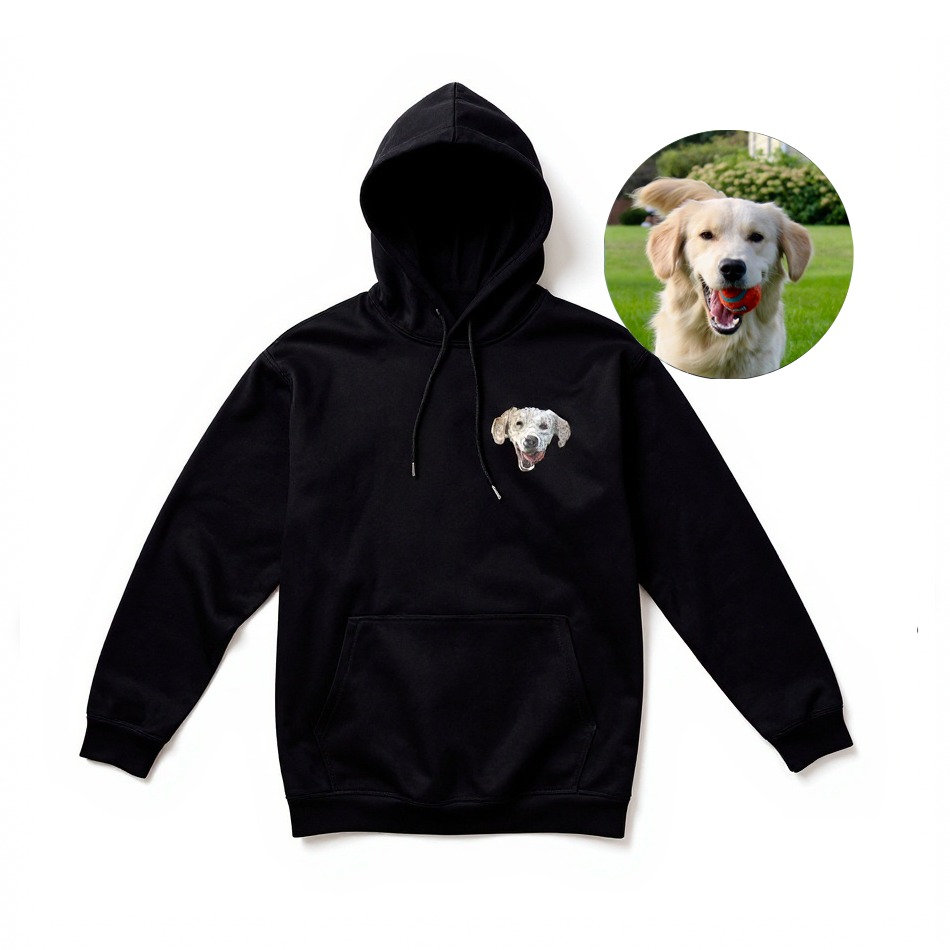
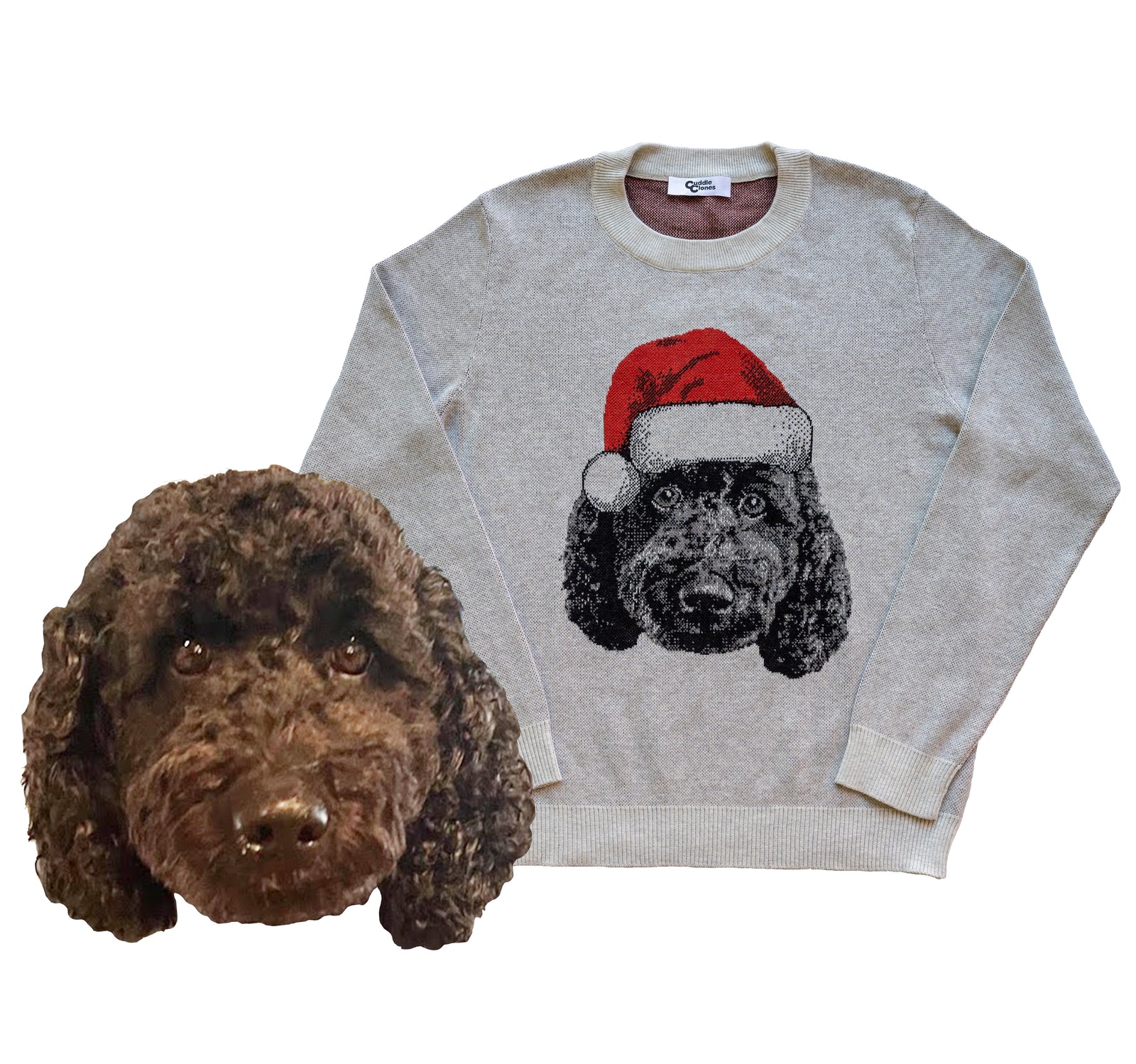

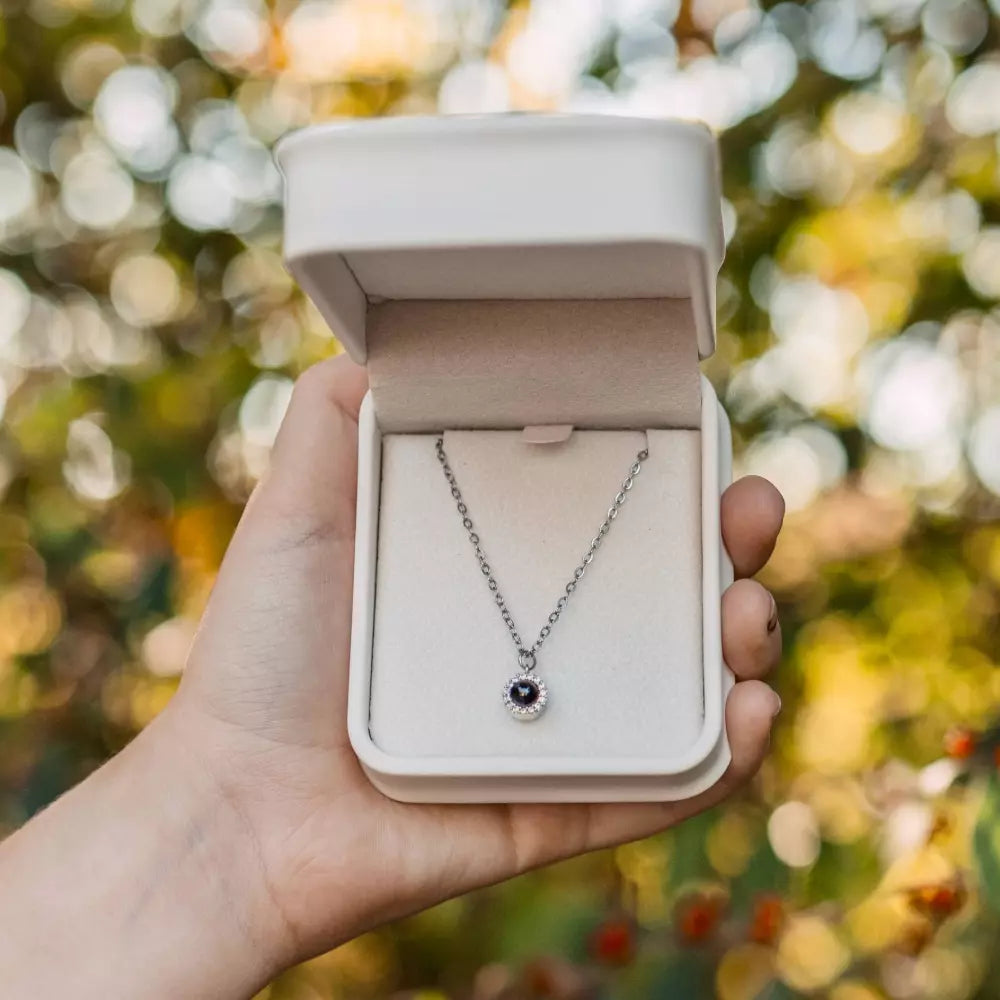
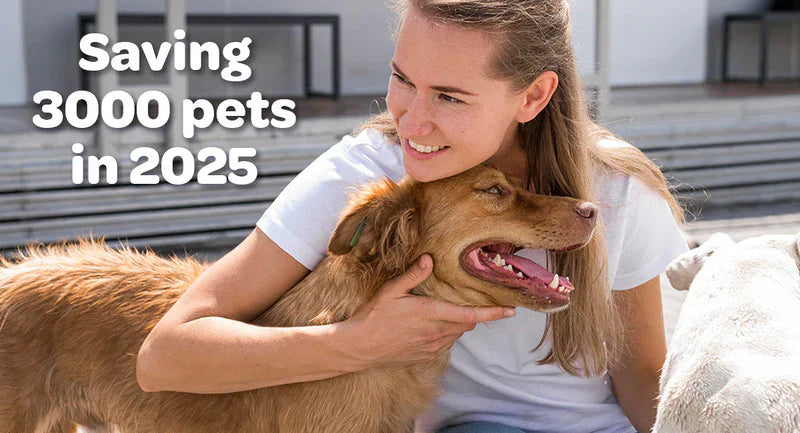
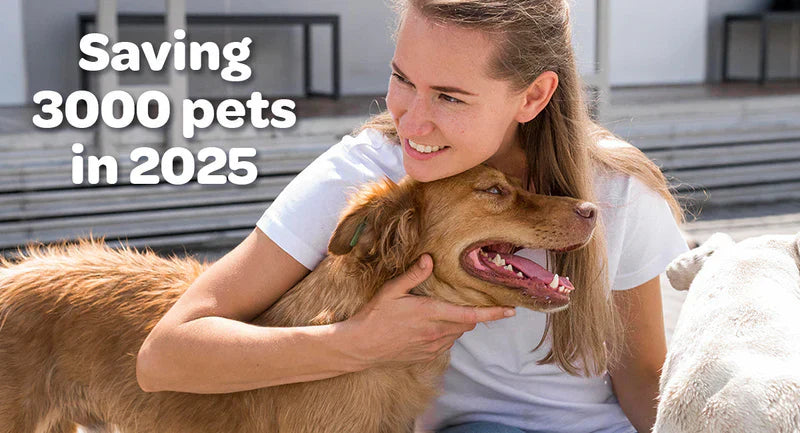
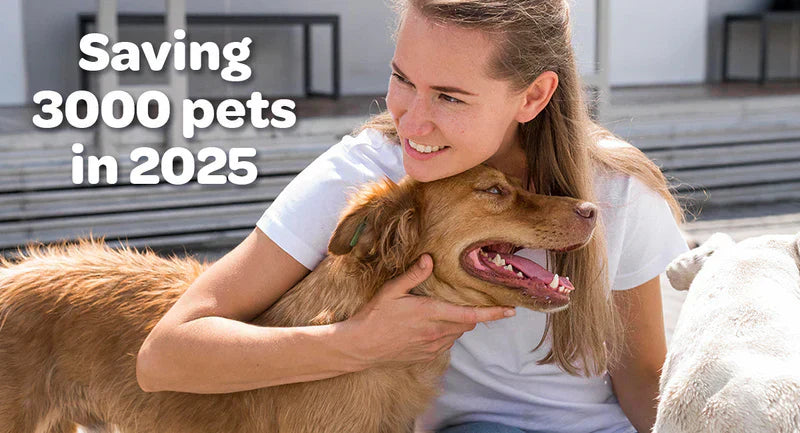
Leave a comment (all fields required)